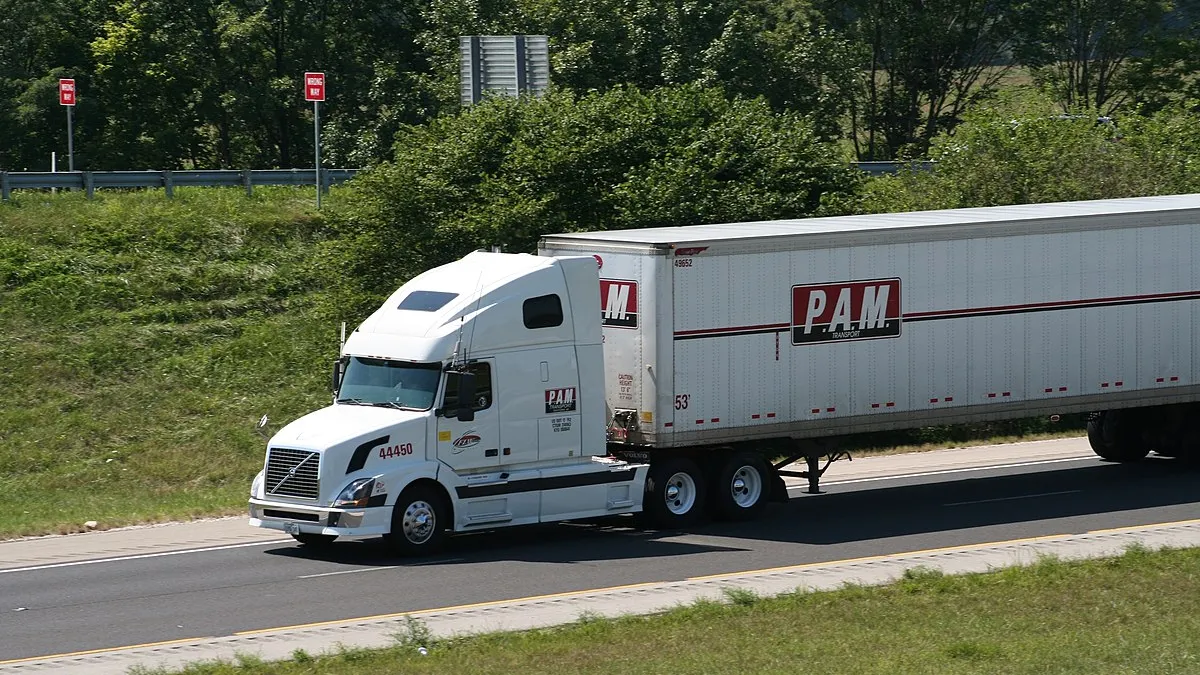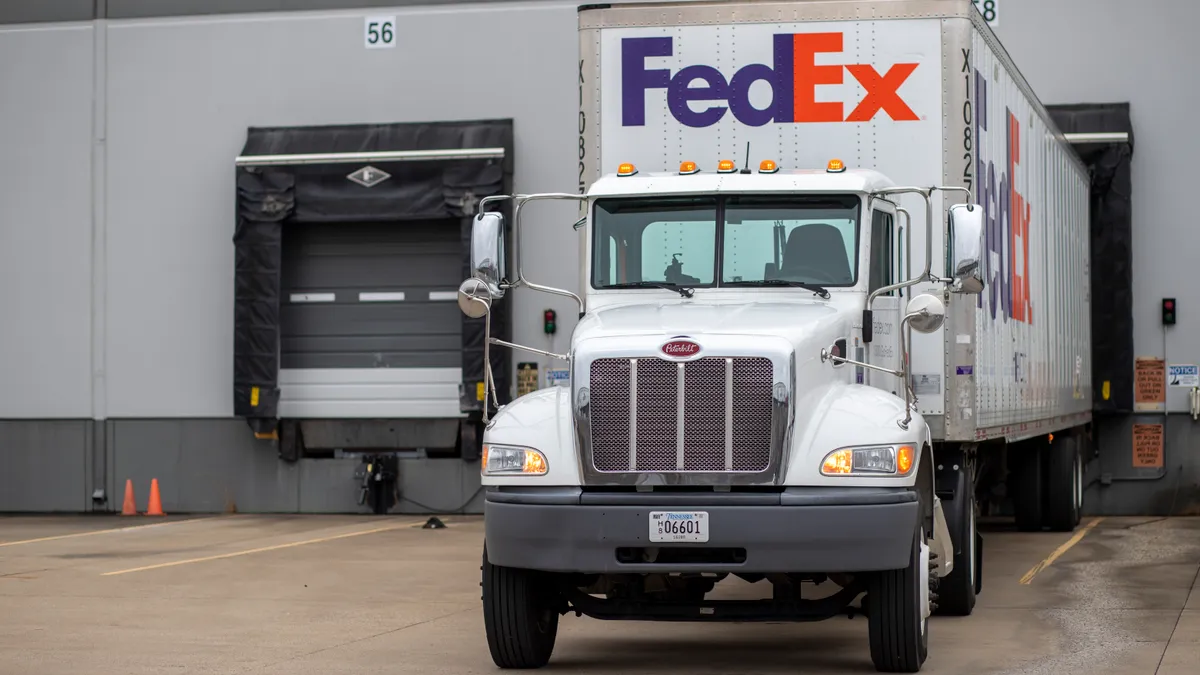P.A.M. Transportation Services could switch its incorporation from Delaware to Nevada, according to a securities document.
The plan also calls for increasing the number of authorized shares from 50 million to 100 million upon reincorporation.
Another Securities and Exchange Commission filing suggested the move could provide better protection from a hostile takeover. Under Delaware law, directors for companies might have to accept an offer from the highest bidder regardless of the impact, the filing said.
Board Chairman Matthew Moroun has a controlling interest in the company, and trusts link the Moroun family to P.A.M. His son is also a director on the board.
A disclaimer said that the conversion is “not in connection with any pending or proposed extraordinary transaction” involving the business, and P.A.M. is unaware “of any such proposed transaction and has no current plans to pursue or undertake any such transaction.”
The authorization change gives the company the potential for flexibility and ability to issue shares in the future, Craig Decker, a managing director at Brown Gibbons Lang & Co., told Trucking Dive.
The plan will go before shareholders at the company’s annual meeting Aug. 1. But even if shareholders approve the measure, the company’s board could abandon the switch, the securities document said.
The notice made no mention about any changes to its administrative headquarters and primary terminal in Tontitown, Arkansas.
Paul Allen Maestri founded P.A.M. in 1980, and the business incorporated in Delaware in 1986.
P.A.M. is a holding company consisting of 18 subsidiaries, including P.A.M. Transport, P.A.M. International, Met Express, Choctaw Express and Decker Transport, according to an annual report exhibit.
As of Dec. 31, there were 22.3 million common stock shares issued and 22 million common stock shares outstanding, per a securities filing.
Meanwhile, the trucking company is holding a modified Dutch auction that could buy up to 550,000 shares of its outstanding common stock, plus the ability to buy back 2% of outstanding shares, collectively amounting to nearly 991,000 shares. The tender offer expires on May 22.
“The Dutch auction is shrinking the pie,” Decker said, noting that particular effort can reduce the number of outstanding shares with the company’s money to increase the pro rata of the existing stock.













